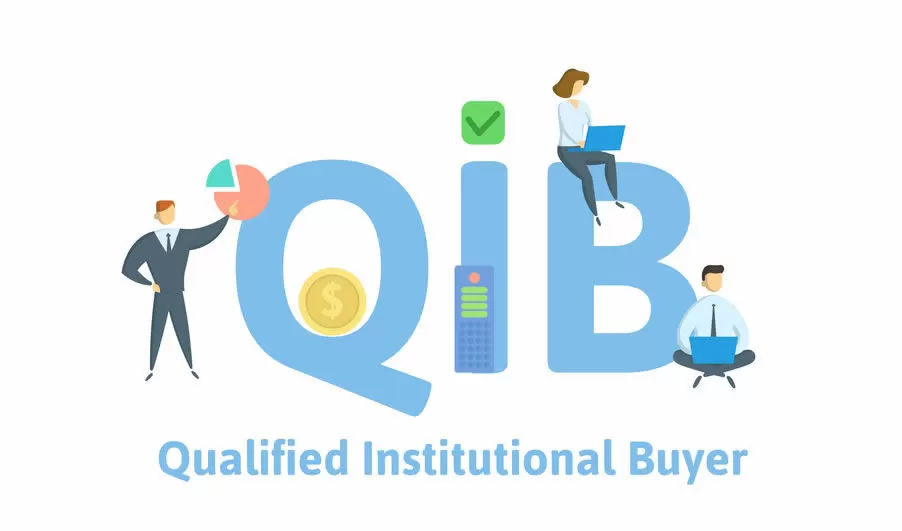
When companies plan to raise money from the public, whether through an Initial Public Offering (IPO), a rights issue, or a preferential allotment, they don’t rely solely on individual investors. A large portion of the funds often comes from major institutional players known as Qualified Institutional Buyers (QIBs). These entities are considered to be well-informed, financially capable, and experienced enough to make big investment decisions without needing the same level of regulatory protection as regular investors.
The Securities and Exchange Board of India (SEBI) defines QIBs in its ICDR (Issue of Capital and Disclosure Requirements) Regulations. Simply put, a QIB is a sophisticated institutional investor who has the ability to evaluate risks and returns and invest accordingly. Because of their expertise and financial capacity, QIBs are granted certain privileges in the securities market, like getting a dedicated share in public offerings.
According to SEBI, the list includes mutual funds, venture capital funds, foreign portfolio investors (FPIs), insurance companies, scheduled commercial banks, pension and provident funds with a specified minimum corpus, and other government-backed financial institutions. These entities must be registered and regulated by their respective authorities. Importantly, individual investors, no matter how wealthy, are not considered QIBs.
QIBs play a key role in the financial markets. Their participation in a public issue sends a positive signal to the market, helping to boost investor confidence. Since they usually invest only after conducting rigorous due diligence, their involvement acts as a stamp of approval for a company’s financial health and growth prospects. For the issuing company, QIB interest is often seen as a green flag that improves the chances of a successful fundraising round.
Compared to retail investors, QIBs enjoy certain advantages. In a book-built IPO, for example, 50% of the shares are reserved for QIBs, while retail investors get 35%. Moreover, QIBs can bid without having to pay the application money upfront, whereas retail applicants must pay the full amount at the time of application. However, to prevent immediate sell-offs, QIBs face a 30-day lock-in period on shares allotted during IPOs. This ensures that they remain invested in the company at least during the early days of trading.
QIBs can invest through various channels, not just IPOs. They’re also active participants in Qualified Institutional Placements (QIPs), rights issues, and preferential allotments. Their involvement helps companies raise large sums of money quickly, often with fewer regulatory hurdles. Because they’re regulated entities themselves, the market relies on their investment behaviour to predict larger economic trends.
In conclusion, Qualified Institutional Buyers are vital players in India’s capital markets. They bring credibility, stability, and expertise to public fundraising. While retail investors may follow market sentiment, QIBs look at fundamentals, long-term strategies, and growth potential. Their presence in an issue often determines its success, making them true influencers in the financial world.